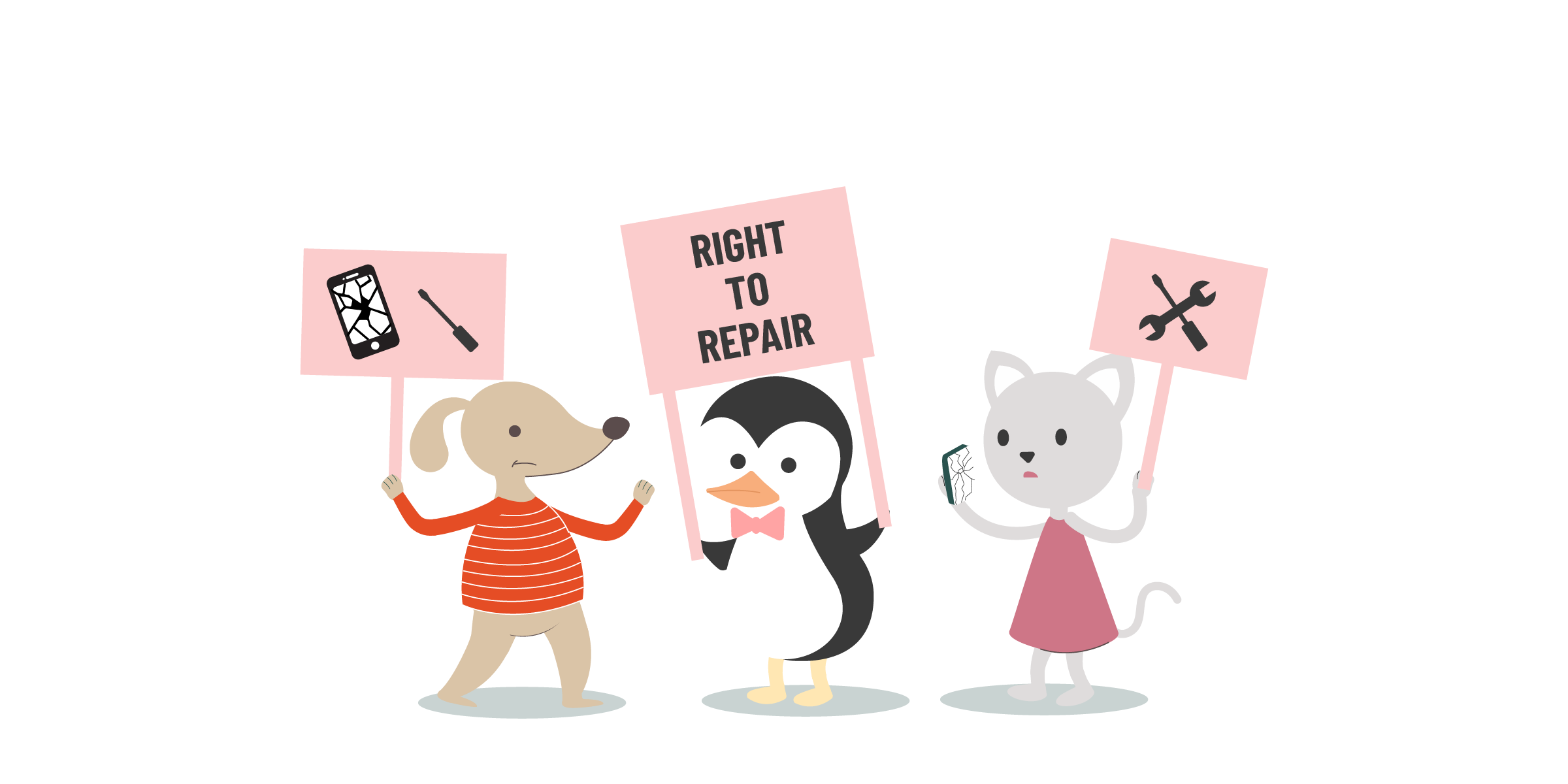Why is printer ink so expensive?
Few liquids are more precious than printer ink, but that's not because ink is expensive to make. How can HP— and its handful of competitors in the highly concentrated printer market—get away with charging these kinds of markups?
Simple: It’s a combination of monopoly power, wacky laws, and consumer-hostile tech.
Here’s How it Works
There's no reason you should have to buy HP ink to go in your HP printer - no more than you should be required to buy Nike shoelaces for your Jordans.
Printer companies have several methods to make it hard for you, and for competitors, to replace their expensive first-party cartridges:
- Competition: The printer companies have a very concentrated market—an oligopoly. After gobbling one another up, only five major companies are left standing.
- Legal: Printer companies rely on a mix of "intellectual property" (IP) laws to block third parties from reverse engineering their printers to make interoperable (compatible) ink cartridges. The companies have used patent, copyright, and other laws to terrorize third parties out of selling you reasonably priced printer cartridges.
- Technical: Ink cartridges from the big companies often now include microchips designed to stop you from using third-party ink. It’s possible to make a program that lies to your printer on your behalf, so that a $5 third-party ink cartridge tells your printer, "Yup, I'm an HP ink cartridge." But printer companies also exploit their devices’ always-on network connections to push "updates" to your printer that cause them to reject third-party ink cartridges from companies that have braved the legal risks to provide you with cheaper ink. These forced downgrades are often labeled as security updates, but they frequently include the printer company's secure knowledge that you will continue to pay for its ink.
So why do printer companies charge so much for ink? Because they can. Because they have merged with or bought most of their competitors. Because they have weaponized laws to make it illegal for you to modify your printer, or for rivals to make ink cartridges that work with it. Because they can send updates to your printer whenever they want, not just to add features or protect your security, but to steal functionality from you.

Why Things Need to Change
From coffee pods to juice packets, from kitty litter to light-bulbs, the printer-ink cartridge business model has inspired many imitators. By wrapping a product in technological locks, corporations can take advantage of a law that criminalizes acting in ways that displease them. Printers aren't unique in this: it's also rampant in tractors, cars, and mobile phones.
The tech sector often negotiates like Darth Vader: "I am altering the deal. Pray I don't alter it any further." But when you buy a device, it’s yours and you should have the final say in how you use it. Printer companies claim that they are only locking you down in order to keep you safe. But whether or not those locks lock bad guys out, they lock you in.
What You Can Do
Consider What That Printer Firmware Update Will Do
Though you should generally update firmware for security purposes, multiple class action lawsuits have been filed over HP’s practice of using updates to limit your ability to use third-party ink. By bundling legitimate security fixes with updates that lock you out of third-party ink, printer companies force you to limit your consumer choice in order to keep hackers out.
Learn About Alternatives to "First-Party" Ink
From syringes to do-it-yourself solutions, there are plenty of alternatives to ink that costs more than gold.

Fight for Your Right to Repair (and Use) Your Devices
These bills are an affirmation that your property rights overrule corporate preferences. Support "right to repair" legislation that requires manufacturers to make parts and materials available for various devices and stops practices that limit your ability to use your devices how you see fit. About a dozen states, including California, Colorado, Minnesota, Oregon, and Massachusetts have passed laws guaranteeing the right to repair in the past several years. Almost every other state has a right-to-repair bill pending as of 2024, so you can write to your local representative, and we hope for and expect a federal right-to-repair bill to be introduced in the near future.
EFF Has Your Back
The Electronic Frontier Foundation works to defend your right to own what you buy. Our activists have fought to get legislation for “right to repair” in many states. Right to repair is the notion that once you buy something – a car, a DVD, a printer – you should be able to tinker with it, fix it, or bring it to someone else who can. Our lawyers have weighed in on cases that have moved through the courts. And our technologists work to make sense of all of these devices and their problems, as well as how you can use them to your own benefit, rather than the benefit of the manufacturers.
